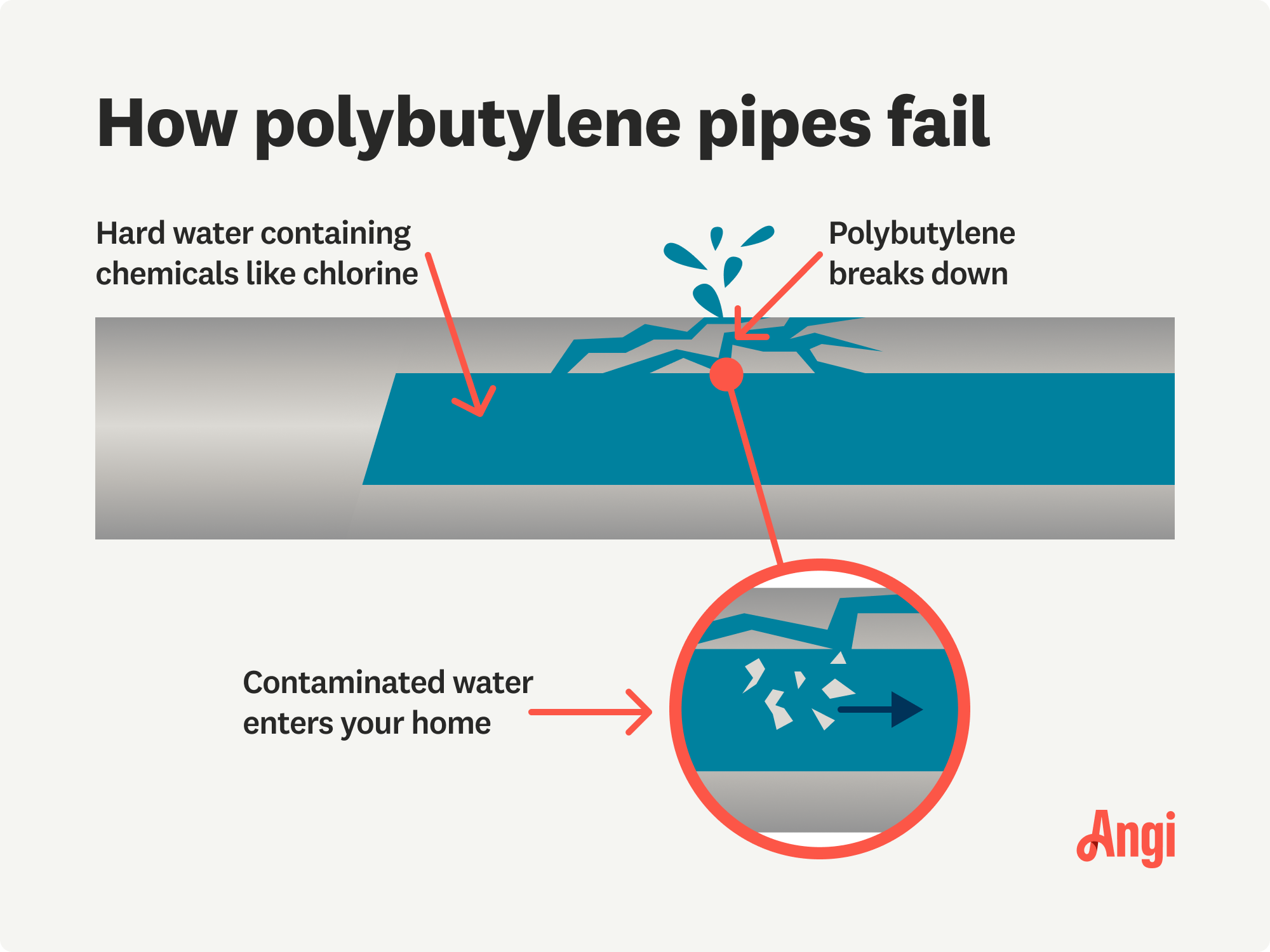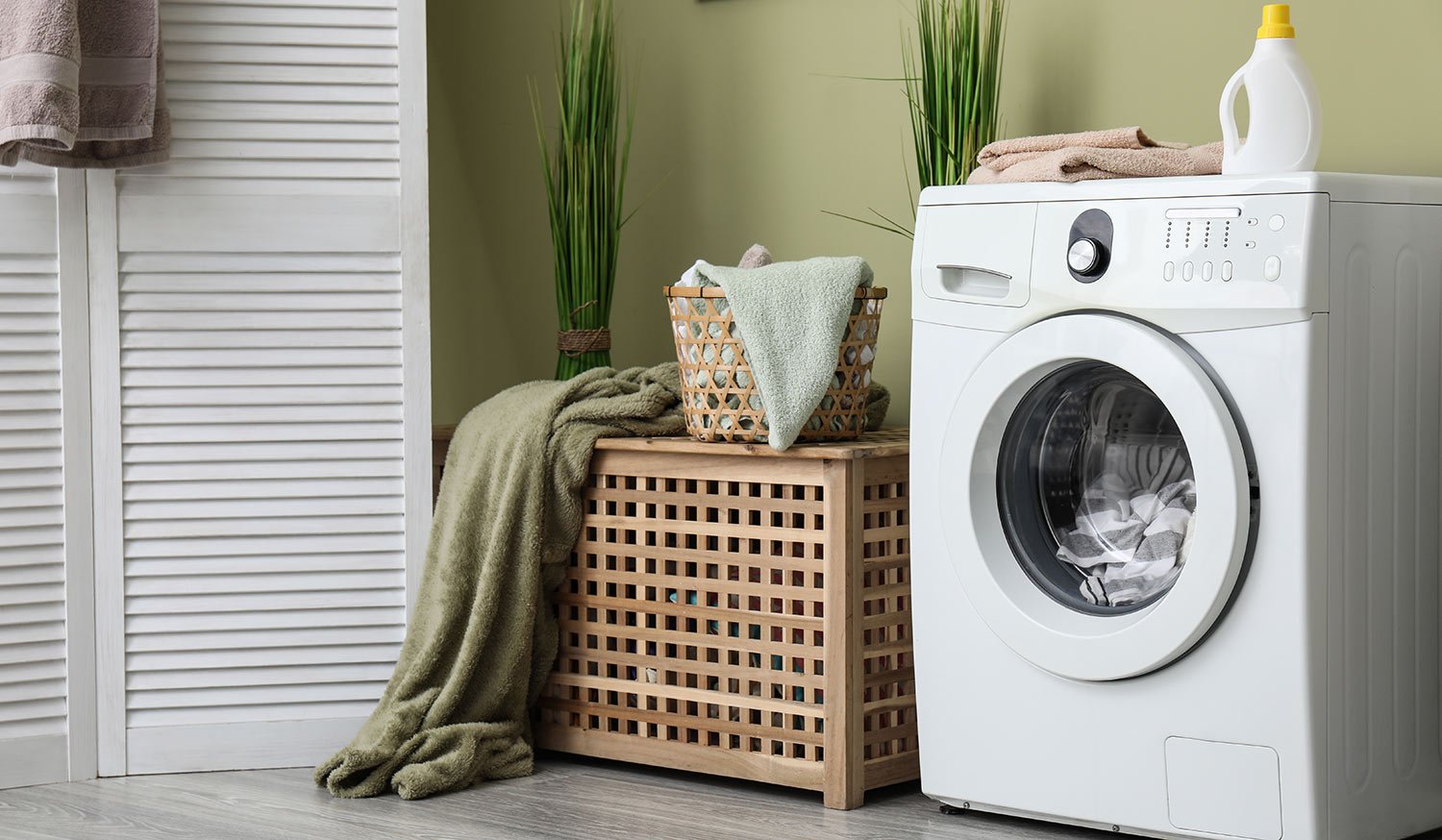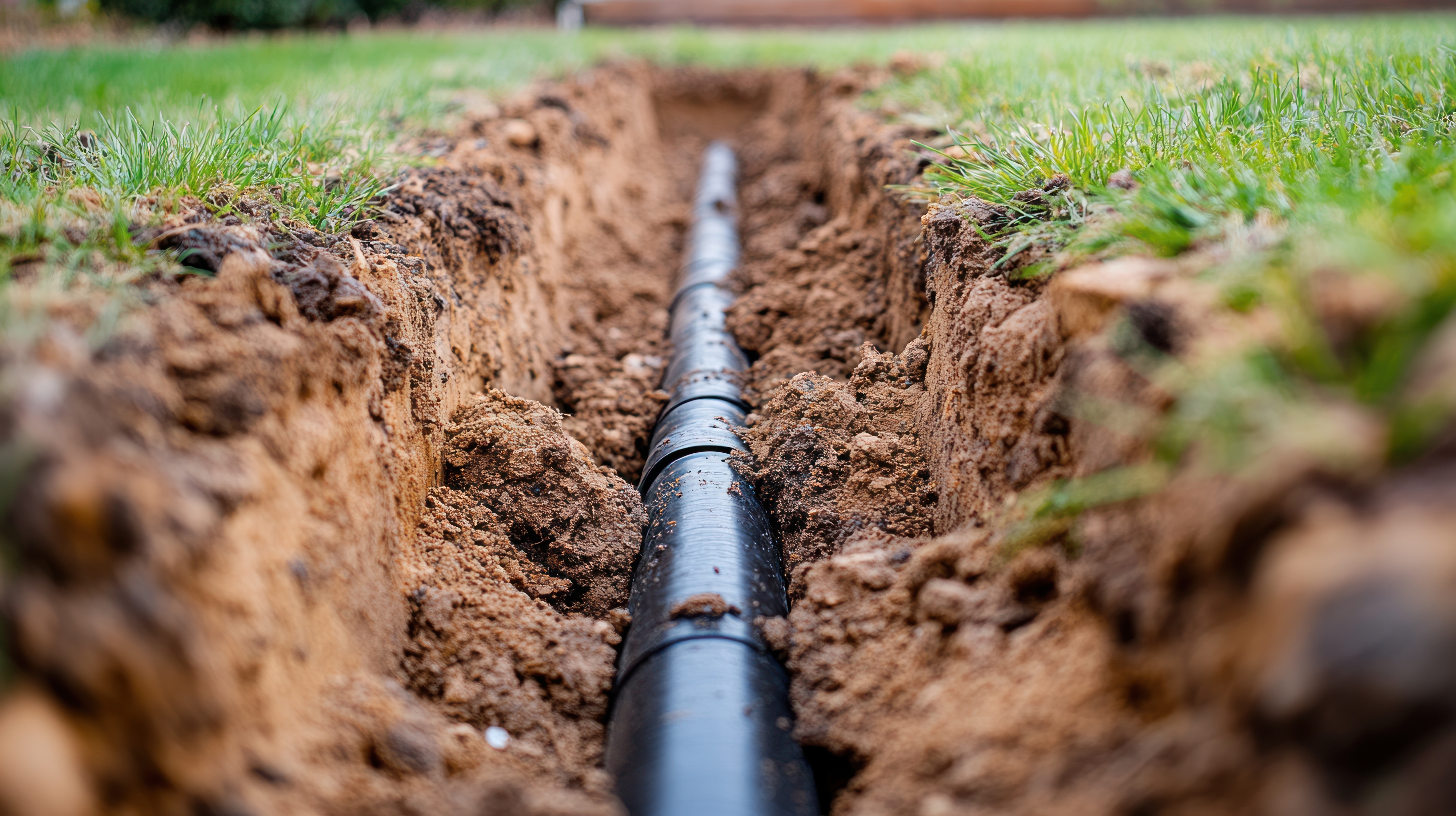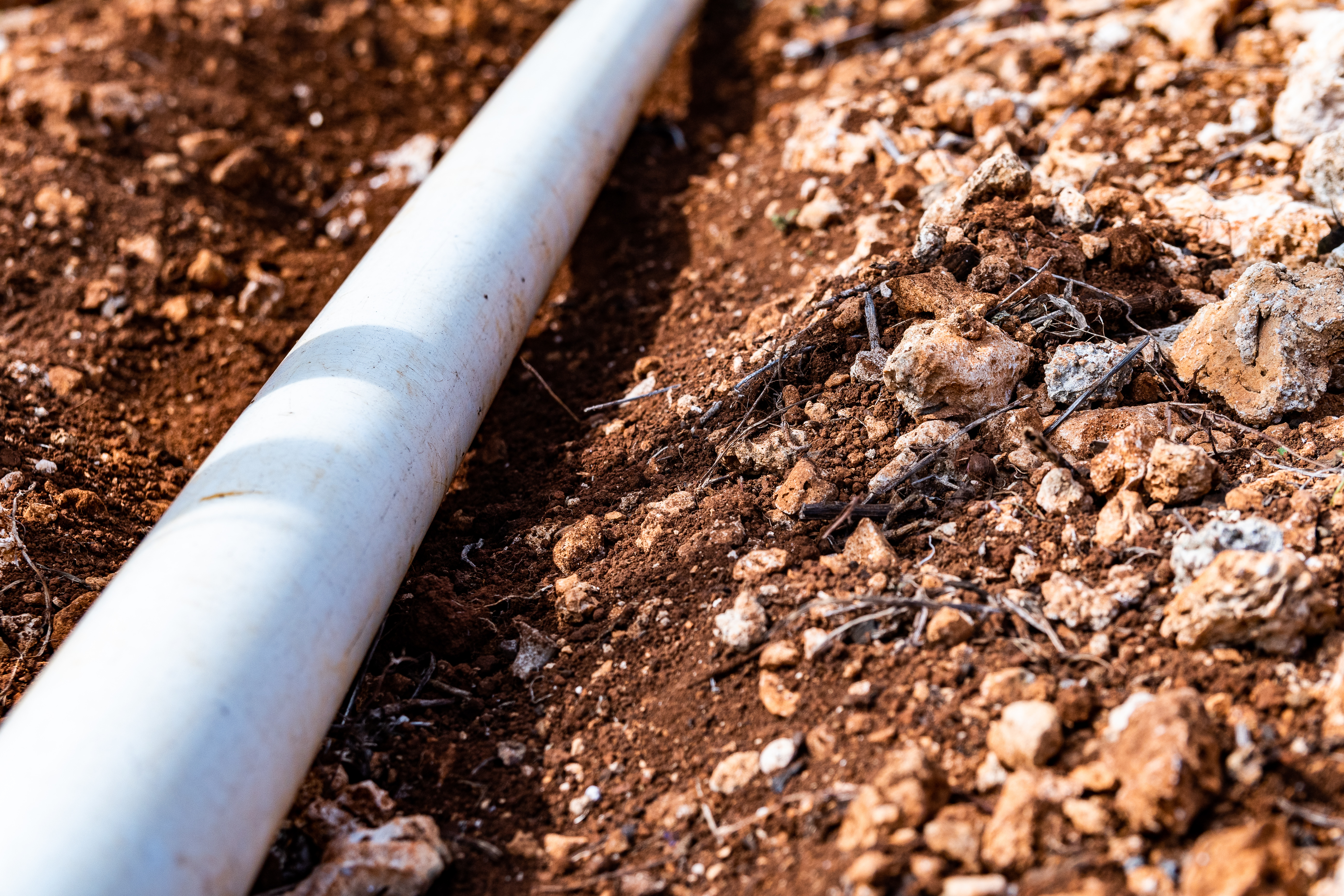
New York plumbers are some of the priciest in the nation. High cost of living and aging buildings contribute to their hefty price tag. Learn the other factors affecting how much a plumber costs in New York City.
If you have polybutylene pipes in your house, make plans to replace them


Polybutylene pipes last 10 to 15 years, on average.
Polybutylene pipes often have a distinguishable gray color.
Polybutylene pipes can’t be repaired and, therefore, must be replaced.
It costs $3,000 to $7,000 to replace PB pipes with PVC pipes in an average two-bathroom home.
If you live in a home built between the late 1970s and mid-1990s, you might have polybutylene pipes, or PB pipes, in the plumbing system. Polybutylene pipes are identifiable by their gray-tone color and the “PB2110” stamp marked on them. Although they were once popular for being inexpensive and easy to install, these pipes are not up to current U.S. building codes. They’re prone to breaking and can easily cause severe water damage. Here’s everything you should know about finding and replacing polybutylene pipes.
Polybutylene pipes, sometimes called Poly-B or PB plumbing, are a type of plastic piping. It was installed as potable water supply lines in around 10 million residential homes built between the late 1970s and the mid-1990s. Polybutylene (PB) material is far less durable than PVC piping and can easily corrode from chemicals or physical impact. These pipes were mainly used because they were simple to install and much more affordable than copper pipes.
Polybutylene pipes are used as potable water supply lines for hot and cold water. They are often used in residential homes but may also be installed in older commercial buildings. Polybutylene pipes are installed in sections and connected with plastic fittings secured with metal crimp rings.
Polybutylene pipes are never used as waste, drain, or vent piping.
Polybutylene pipes pose structural and health concerns. Polybutylene is vulnerable to certain chemicals, especially chlorine, which is often used for water sanitization. The material becomes brittle upon exposure and soon causes leaks throughout your plumbing system. Furthermore, the broken-down plastic contaminates your water. If consumed, the plastic can cause severe health problems.

Your home construction time is crucial to whether you may have polybutylene pipes. Check the pipes that are visible to you. Visually, polybutylene pipes are very different from copper or PVC pipes. Here are some common characteristics of polybutylene to identify them:
Stamped with “PB2110”
Often gray in color, but may be white, silver, black, or blue
Half an inch to 1 inch in diameter
Slightly flexible material
May be curved, rather than use strict pipe fittings
If your house has polybutylene pipes, you’ll need to hire a local plumber to replace them.
Even if the pipes have never leaked, there’s likely damage that’s not visible. Polybutylene pipes can become brittle and contaminated by the water supply, leading to sudden ruptures.
Since they’re used as supply lines, copper pipes or PVC pipes are both suitable alternatives to polybutylene. You should also ensure your home insurance covers damage caused by broken pipes. Sometimes, you may need to find a different insurance carrier to cover your grounds.

Generally, replacing polybutylene pipes with PVC pipes in a small, one-bathroom home costs from $1,500 to $2,500 or between $3,000 and $7,000 for a larger home with two or more bathrooms. If you install copper pipes, the total cost can go up to $20,000.
The cost of replacing polybutylene pipes is affected by a few other factors besides materials and different hourly rates charged by different plumbers:
The more fixtures you have, the more polybutylene pipes you need to replace. Naturally, you will be dealing with a higher cost. Another factor to be mindful of is how accessible are your supply lines. A contractor will charge more if they need to cut open ceilings and walls to access the pipes.
The number of floors and bathrooms impacts labor and material costs. A three-story house with two bathrooms is likely to cost more to replumb versus a ranch-style house with the same number of bathrooms.
Depending on where you live, your local plumber's cost may vary significantly. Some companies also charge an additional fee for remote areas. Therefore, if you are going after a specific company but are out of their free range, be ready to pay a traveling fee.
Occasionally, your plumber may include the permit cost in the project quote. However, you often need to apply for plumbing permits yourself. The permits can cost anywhere from $70 to $400. Your plumber may also charge by their hourly rate, commonly between $50 and $150, to be present at mandatory pre- and post-repair inspections.
From average costs to expert advice, get all the answers you need to get your job done.

New York plumbers are some of the priciest in the nation. High cost of living and aging buildings contribute to their hefty price tag. Learn the other factors affecting how much a plumber costs in New York City.

Discover the primary factors that affect your main water line replacement cost in New York, including length, materials, and the necessary installation method.

Discover the pricing factors that will affect your main water line repair cost in New York, including the repair type, size, and accessibility challenges.

Learn how to cut PVC pipe with ease and efficiency. Our guide will show you how to tackle your PVC pipe project like a pro.

Need to create a residential plumbing design layout but don’t know where to start? Learn essential plumbing components to create the perfect layout for your home.

We’ll show you how to keep pipes from freezing in the winter and how to thaw yours before they burst.